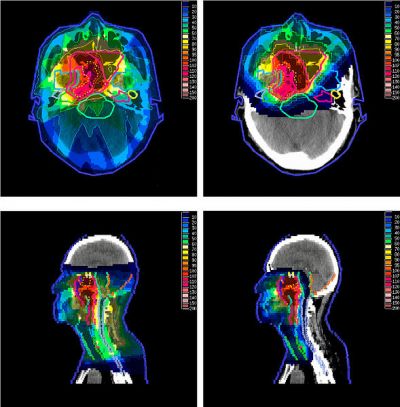
Cancer risk in humans exposed to low radiation doses is usually calculated based upon estimates obtained at higher doses. As many cancers originate in stem cells, studying low dose radiation effects on these cells is particularly important.
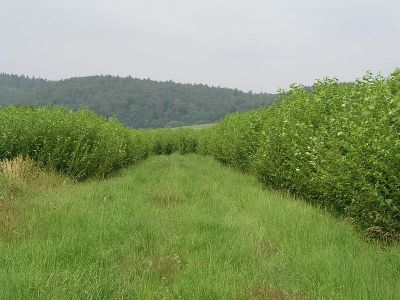
An EU-funded project is working on providing machinery, transport and information technology solutions to enhance the woody feedstock supply chain in Europe.
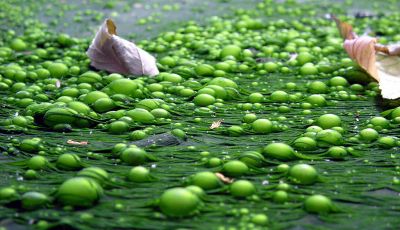
Shallow lakes have been greatly affected by increased concentrations of nitrogen and phosphorus from intensive agriculture and increased human populations. These key nutrients for plant growth enter the aquatic environment, changing clear water to turbid through a phenomenon called eutrophication.
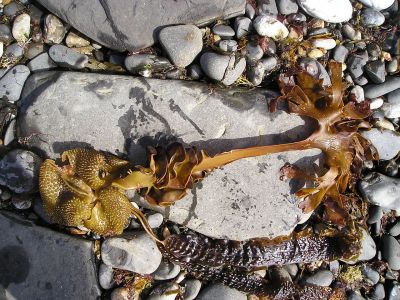
Scientists investigated how much iodine is released by seaweeds into the atmosphere to facilitate the development of better models of aerosol formation and atmospheric chemistry.

An EU study aims to utilise citizens and their mobile devices to collect reliable environmental data. Using techniques for crowdsourcing geographic information, the initial focus is species distribution, flooding and land cover of a Welsh reserve.
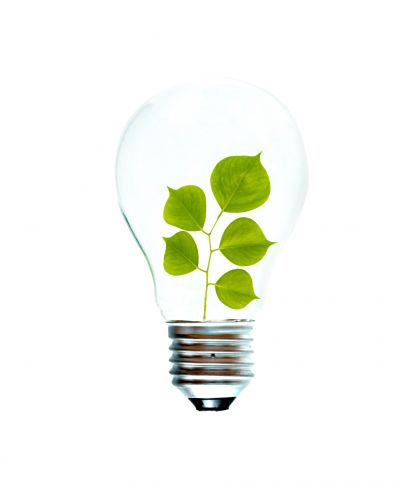
Heating, ventilation and air conditioning (HVAC) systems account for approximately 35 % of the total energy spent in residential and commercial buildings. New nanotechnology will significantly reduce this massive energy use.
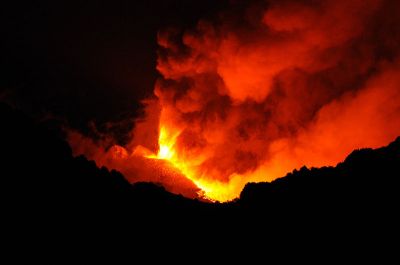
Researchers have compared rocks formed inside and outside of volcanoes to better understand how and when eruptions occur.
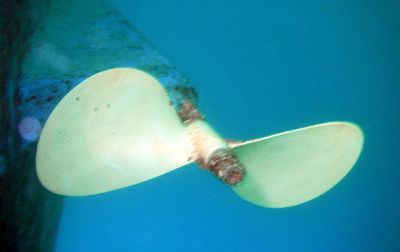
Researchers from multiple nations are joining forces to investigate and mitigate the effects of underwater noise generated by shipping.

More than 60 % of the total heat loss of buildings takes place through windows. Technology to significantly improve window insulation properties while reducing price and the carbon footprint associated with production and use will have major impact.
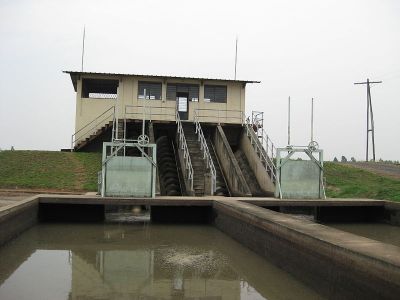
European small and medium-sized enterprises (SMEs) are developing a more environment-friendly and energy-efficient way of treating sewage sludge. This will help solve the challenge of how to deal with growing levels of sewage sludge in the face of increasingly stringent environmental legislation.

Atmospheric remote sensing is vitally important to addressing major societal challenges related to climate change and atmospheric pollution. An EU-funded project is reducing the uncertainty in critical atmospheric parameters and training a new generation of scientists in new observation techniques.
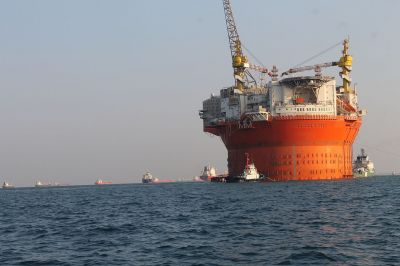
The rise in offshore construction has led to explosions, fires and spills that have had a devastating impact on humans, the environment and the economy. An EU initiative aimed at developing an international legal framework that regulates offshore construction.
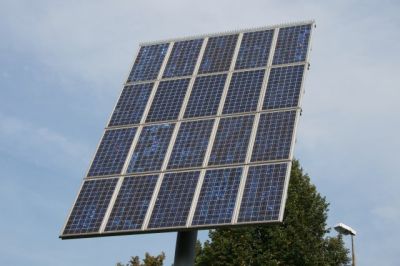
Harvesting the Sun's virtually limitless supply of energy is an incredibly sustainable way to reduce dependence on combustion of fossil fuels. Novel technologies developed with EU funding promise to enhance widespread market uptake.

The Mediterranean supports a rich diversity of marine life, which is the focus of conservation efforts. An EU-funded initiative is investigating how best to designate and manage these sites for marine conservation.
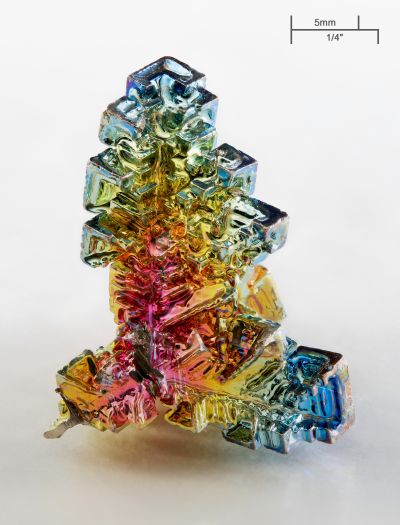
Advanced modelling software has been developed for the assessment of environmental and human exposure to chemicals. This new tool integrates multimedia, PBPK and dose-response models to address the entire exposure assessment chain.
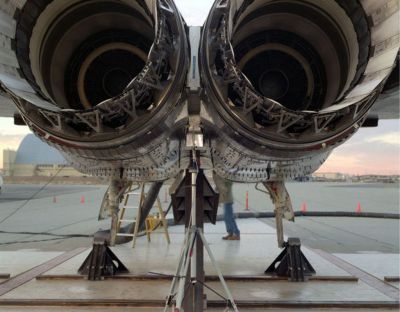
Enhancing the efficiency of propulsion can reduce fuel consumption and emissions in the air transport sector. Novel concepts such as multiple distributed propulsion systems and integration of propulsion into the airframe could help achieve goals.
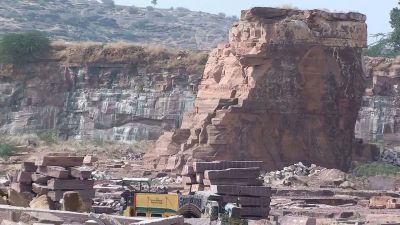
Ornamental stone beautifies homes, yards and commercial buildings around the world while providing structural support. New technology for inspecting the rock before mining will significantly reduce the environmental impact of the industry.
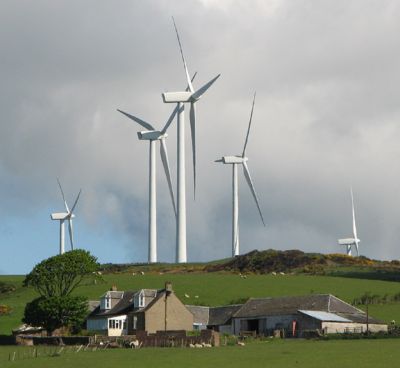
An EU-funded project is helping to unveil the first European research infrastructure in the field of wind energy. This research facility in Denmark should facilitate researchers in their quest to measure and understand the 3D and time-varying wind fields.
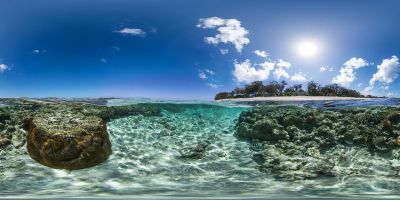
Tropical coral reefs are home to an enormous variety of marine life; however, they are under threat from human activities and rising sea levels due to climate change. A better understanding of the ecological mechanisms that take place within tropical coral reefs will help to ensure their conservation.
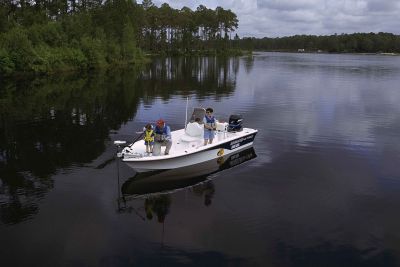
An EU project is using satellite data for lake management, and to support other European space endeavours. The project will receive, store and process data from Sentinel-2 and -3, and has devised the algorithms to fully automate the process.
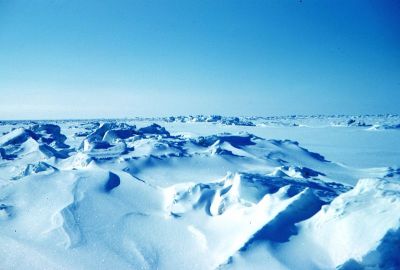
Young researchers have received theoretical and practical skills training to study nitrogen at the Ny-Alesund Arctic research centre in Svalbard, Norway.
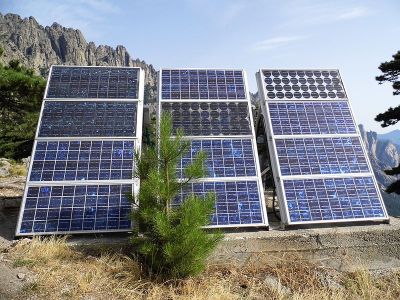
EU-funded researchers unveiled a cost-effective solar cogeneration system that captures excess heat that solar cells dissipate and uses it to produce useful hot water.
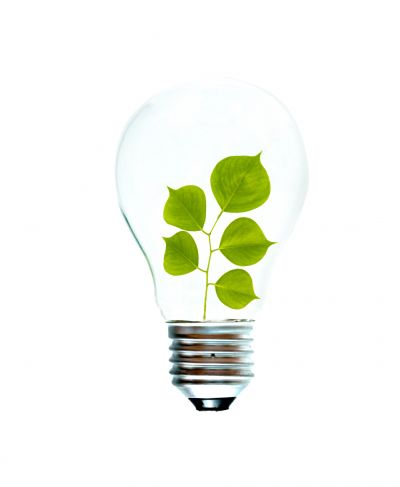
A novel hybrid system could convert combustion and solar heat into continuous electric power and reduce emissions.
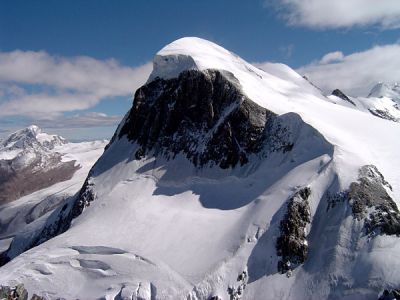
EU researchers examined mineral dust deposited on Mount Elbrus in southern Russia to identify its properties, source, and the conditions for its transportation and deposition. The aim was to increase understanding of how mineral aerosols are transported in the atmosphere and their impacts on climate change.
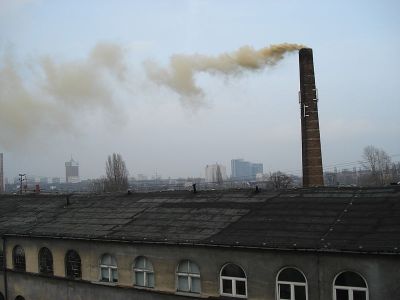
An EU-funded project broke down the boundaries amongst research institutions in atmospheric chemistry, offering access to the network facilities to a wider range of researchers.
























